Contact
Biography
I undertook my undergraduate degree, ESRC-funded doctorate and Junior Research Fellowship at the University of Cambridge. Since moving to Nottingham my research has been funded by a Philip Leverhulme Prize, a British Academy Mid-Career Fellowship, and an AHRC Research Grant. I have taken up visiting research fellowships at Queen Mary, London, the State University of Rio De Janeiro, Brazil, and the Jawaharlal Nehru Institute of Advanced Study at JNU, New Delhi.
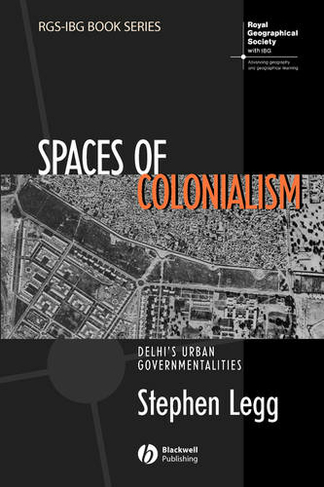

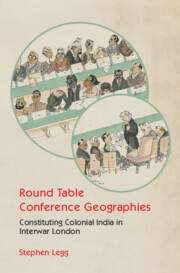
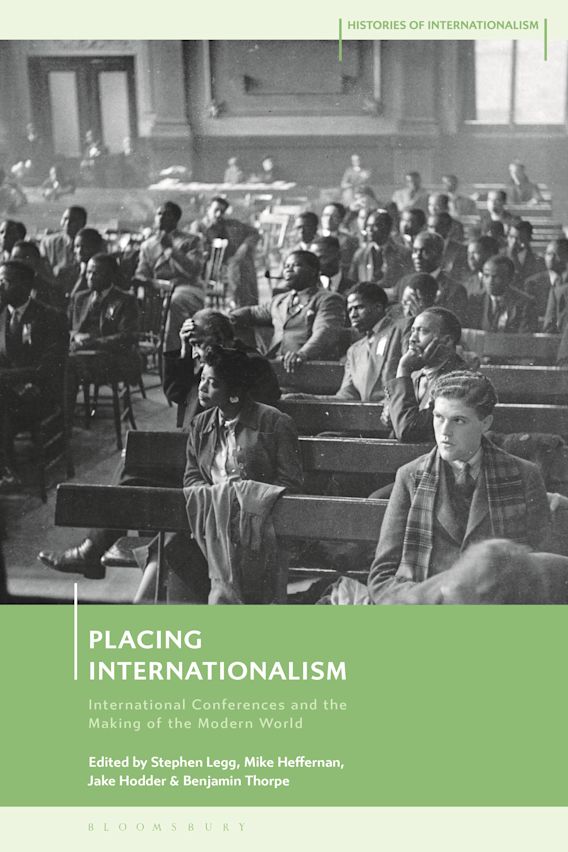
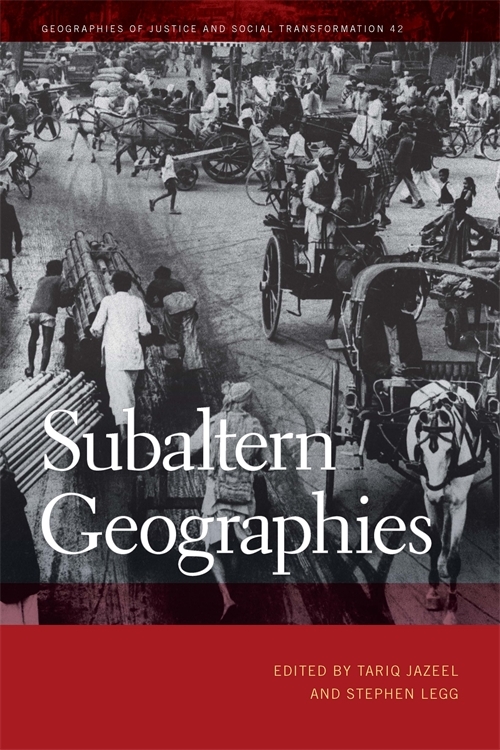
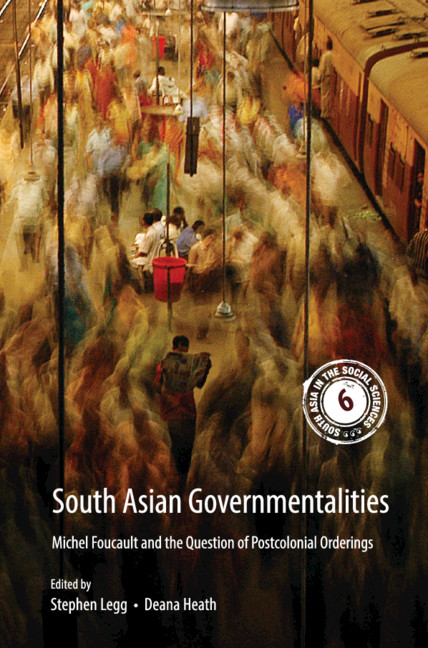
Teaching Summary
I teach across a range of modules concentrating on cultural, historical and critical geography:
GEOG1003 Exploring Human Geography
GEOG2017 Cultural and Historical Geography (convenor)
GEOG2034 Urban Geography
GEOG3017 Geographies of Violence
Research Summary
I am keen to supervise PhD students on the following topics
- Colonial urbanism, especially in South Asia
- Anti-Colonial Nationalism and its geographical expressions
- The geographies of sexuality, in contemporary and historical settings
- The historical geographies of constitutionalism
- Interwar internationalism and its spaces of expression and experience
- Applications of governmentality theory and postcolonial studies to geographical case studies and approaches
Selected Publications
Past Research
My past research has used Michel Foucault's recently translated governmentality lectures to analyse the landscapes of colonial ordering in interwar Delhi. These studies examined the spatial politics of Delhi as capital of the British Raj. Residential segregation, policing, and urban improvement were studied as ways of exploring the nature of colonial urban rule in Spaces of Colonialism: Delhi's Urban Governmentalities (2007). Further papers explored the biographies of British reformers, a comparison of planning ideologies, the postcolonial legacies of colonial governmentalities, and the translatability of Foucault's work to South Asia. These were followed by a project based around the writings of Carl Schmitt, focused on an edited book entitledSpatiality, Sovereignty and Carl Schmitt: Geographies of the Nomos: (2011). The chapters consider Schmitt's 1950 work The Nomos of the Earth, which explored the role of law in appropriating, producing and distributing space.
In September 2014 I published Prostitution and the Ends of Empire: Scale, Governmentalities and Interwar India (Duke University Press). This consists of a multi-scalar analysis of the regulation of prostitution in India between the wars. it combines detailed case studies of Delhi, national legislation, the campaign of the Associations for Moral and Social Hygiene, and the influence of the League of Nations. Its aim is to explain the shift from policies favouring the segregation of brothels and prostitutes to the advocacy of suppressing brothels in the hope of reducing traffic in women and children.
The summer of 2015 saw the launch of a major AHRC funded project. Running for five years, "Conferencing the International: a cultural and historical geography of the origins of internationalism (1919-1939)" studies liberal, radical and imperial forms of internationalism as manifested in their conference spaces in the years between the wars. Work is continuing on the outputs from this project. See the project home page, permanent "Spaces of Internationalism" exhibition, and website resources concerning the Indian Round Table Conference. 2023 saw the publication of Round Table Conference Geographies: Constituting Colonial India in Interwar London.
Future Research
My future research will focus on anti-colonial social and political movements in interwar Delhi. It will complement my earlier work on the Indian National Congress party in the city with comparative studies of different political geographies of the city. These will consider more fully the impact of the Muslim League, Communist and Trade Union organisations, student groupings, and Hindu Nationalists. Other ongoing research interests address south Asian governmentalities, subaltern theory and the scalar sovereignty of constitutional reform in interwar India.